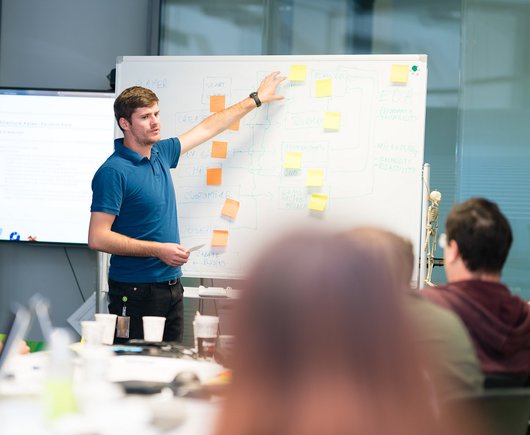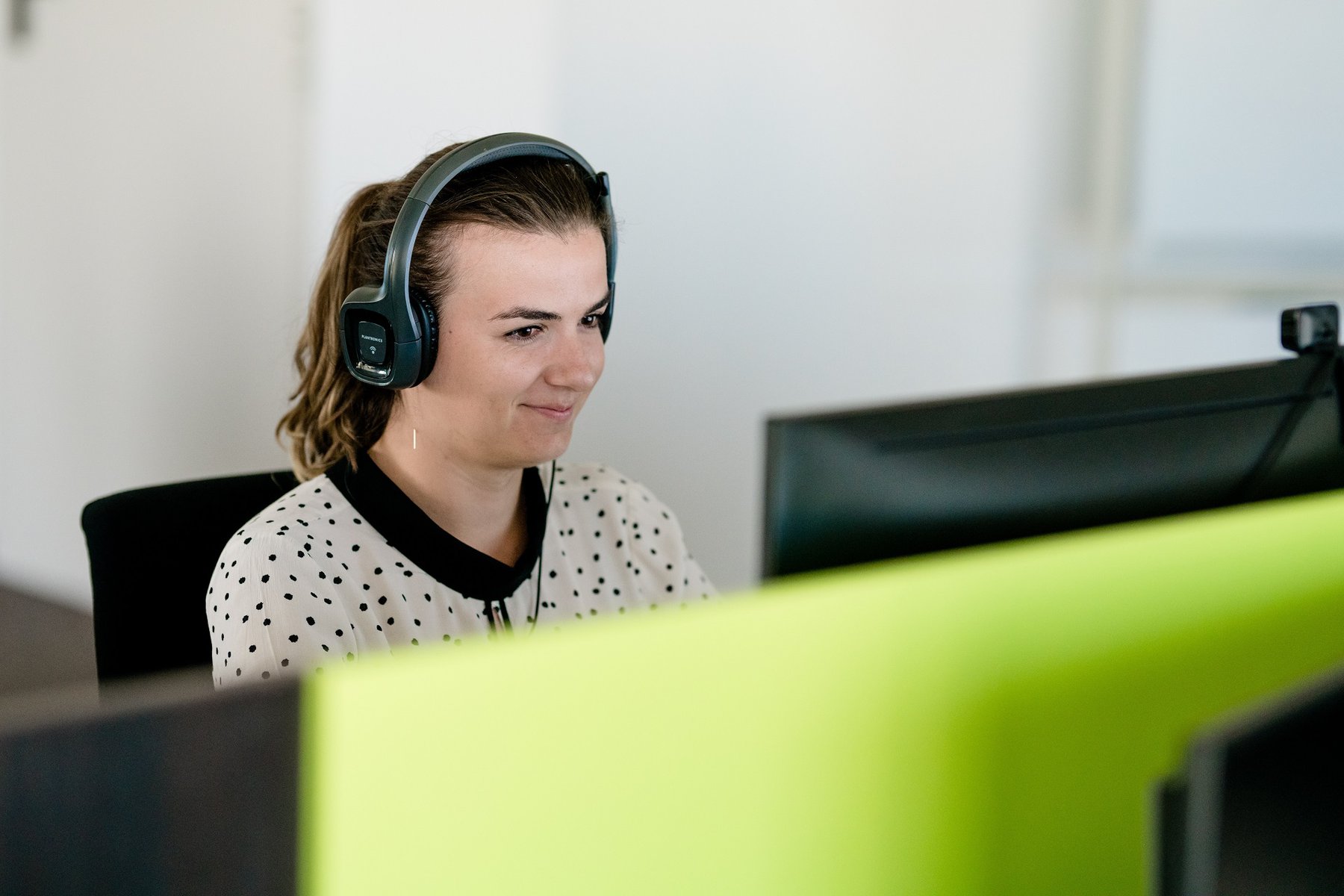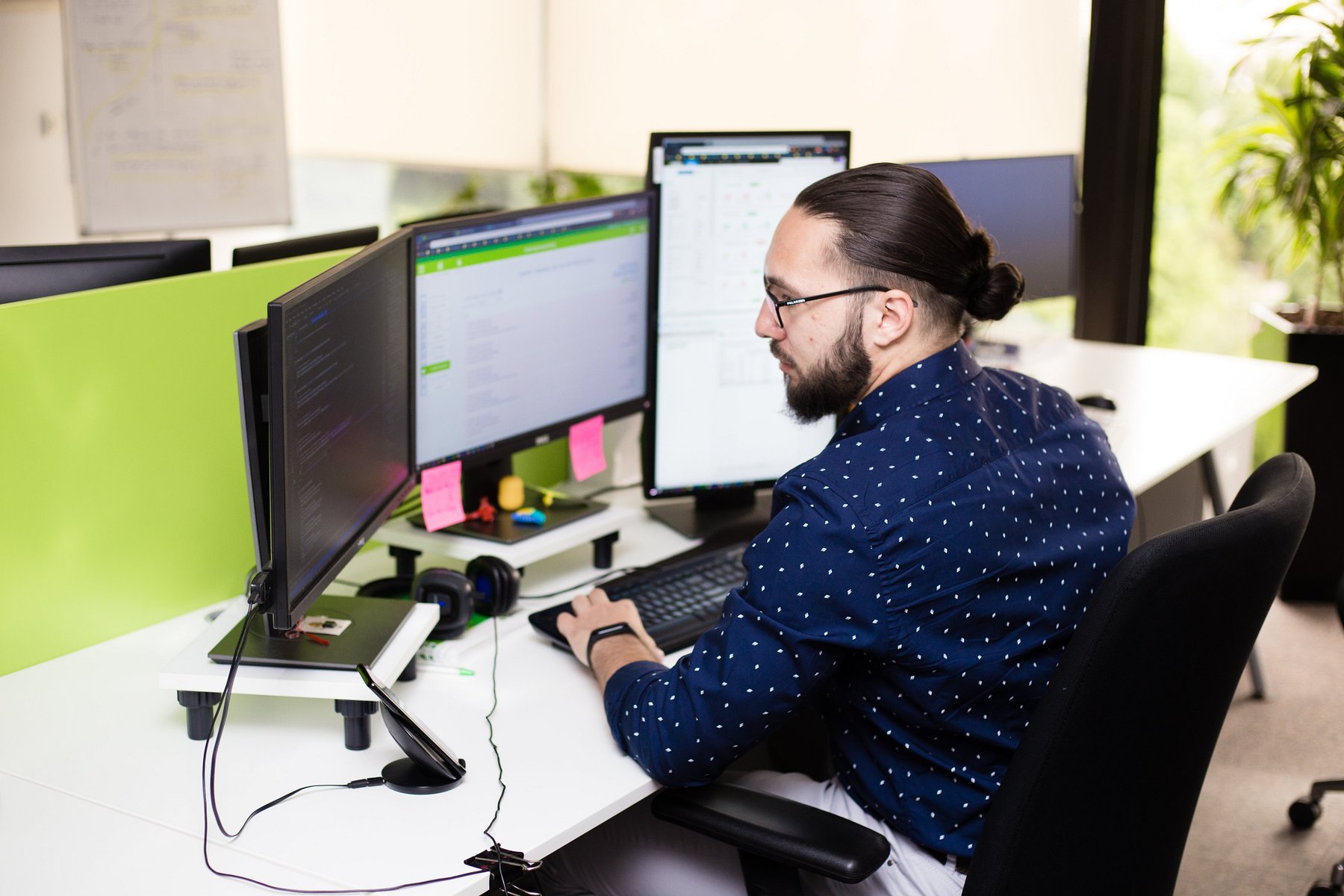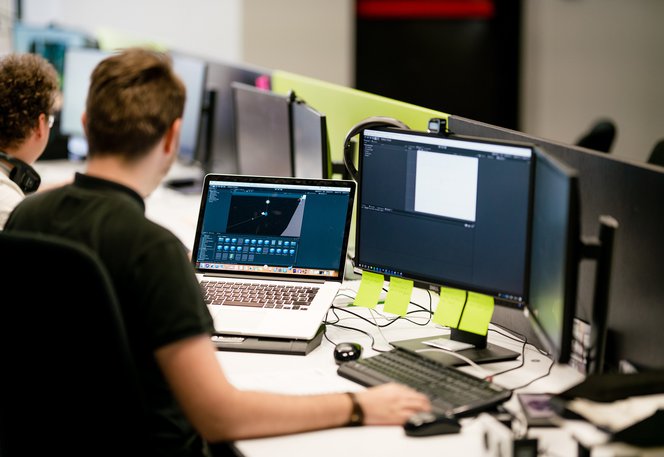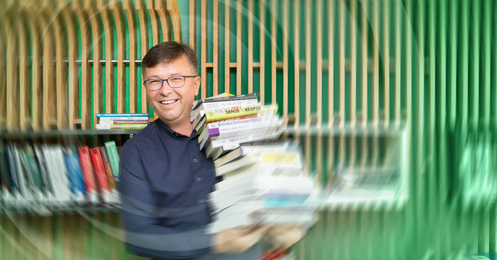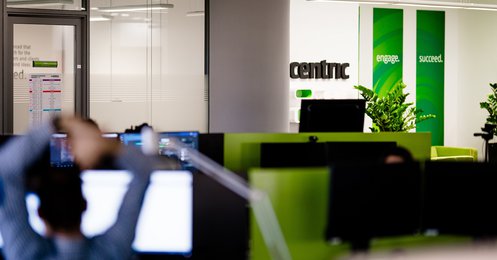While we work on both outsourcing projects and our own products, we pride ourselves on having a growth and product mindset. The opportunities that developing our own products provides us are very important to our culture and growth: the career development of our colleagues, stability during uncertain market conditions, innovative ways of meeting customer needs, creating complex products over time, and more. Find out what some our colleagues think.
Valentina Patrascu
What does it mean to be a part of a team that develops a software product?
It means everything because it has helped me evolve – even if I didn’t want to sometimes. Learning new things, the easy way or the hard way, is priceless either way.
Do you feel like we have a project mindset or a product mindset?
I think overall we have product mindset because we work on products. But as a team lead, I also have a project mindset. I have to think of both short-term and long-term goals, thinking of both the ongoing work, new features, new improvements, and the time it takes to deliver them.
How creative do you feel you get to be?
Creativity is an evolving process for me. During my career, creativity has become more important and it is something that I feel I am better at than before. At the beginning, I felt I had to prove what I could do, but now I am more relaxed about it. I feel like I have the right amount of creativity skills for the job, but also that I am just at the beginning of developing my creativity.
How does the culture of Centric align with you and the products we create?
I think I align with the Centric culture. Sometimes It can be difficult to look outside of your part of the development of the product and to focus on the process, to see the big picture. When I was able to see the big picture, I was better able to connect with the culture of Centric. This is something I try to explain to colleagues – how to connect with the culture of Centric and what's it in for them.
